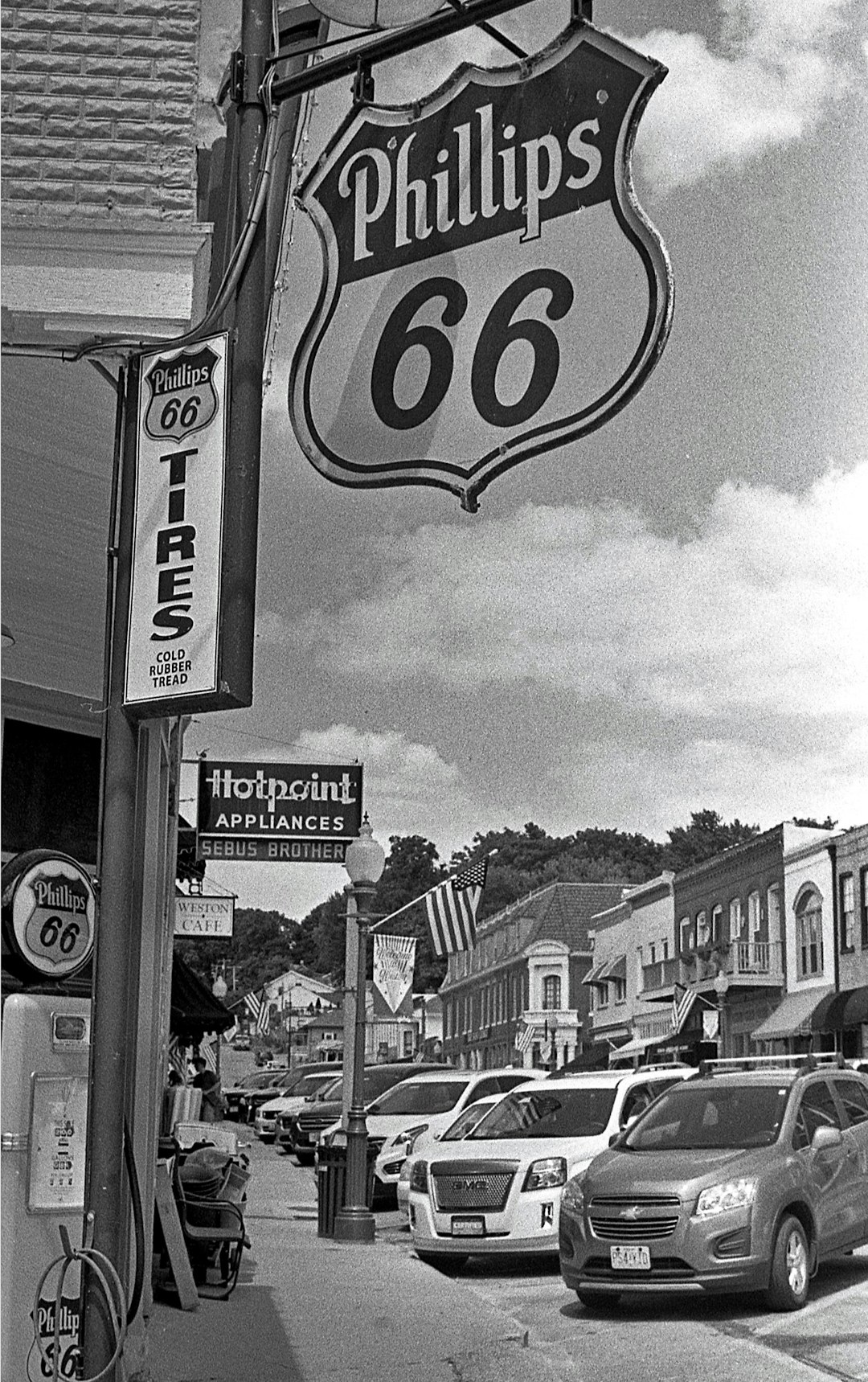Missouri's strict Do Not Call laws and FTC guidelines regulate telemarketing, especially for law firms. Businesses must balance outreach with protections, respecting opt-outs to avoid penalties and maintain trust. Effective communication involves refined scripts, improved data, targeted marketing, and authentic interactions to build rapport. Prioritizing legal adherence and technology integration is vital for successful telemarketing under "do not call" restrictions in Missouri.
In Missouri, telemarketing presents a unique set of challenges and opportunities. This article delves into the intricate aspects of conducting outbound sales calls in a regulated environment, focusing on the state’s Do Not Call laws and their impact on local businesses. We explore ethical considerations, the role of technology, and strategies to build trust with consumers. By understanding these factors, telemarketing professionals can navigate Missouri’s landscape effectively while adhering to legal requirements, ensuring compliance for law firms and enhancing customer engagement.
Navigating Telemarketing Regulations in Missouri Communities

Navigating the regulatory landscape surrounding telemarketing in Missouri communities presents a unique set of challenges. With strict laws in place to protect residents, particularly regarding unwanted calls from law firms, businesses must tread carefully. The Do Not Call Registry, enforced by the Federal Trade Commission (FTC), plays a pivotal role in this regard, allowing Missourians to opt-out of receiving telemarketing calls. Businesses must ensure they adhere to these regulations, respecting individual preferences and avoiding penalties for non-compliance.
Moreover, state-specific laws add another layer of complexity. Missouri has its own guidelines governing cold calling, including restrictions on certain types of calls and specific hours when businesses can contact residents. Understanding these nuances is essential to ensuring telemarketing efforts are not only effective but also legal. Compliance with both federal and state regulations is key to maintaining a positive reputation and fostering trust among community members.
The Impact of Do Not Call Lists on Local Businesses

In Missouri, as in many states, the implementation of the Do Not Call lists has significantly shifted the telemarketing landscape for local businesses, especially law firms. While these lists are designed to protect consumers from unwanted calls, they present challenges for legitimate companies trying to reach their clients or potential customers. Many reputable law firms in Missouri find themselves navigating this complex environment, where a simple mistake or oversight can lead to their numbers being added to these restrictive lists.
The impact is twofold: it restricts the marketing efforts of these businesses and potentially reduces their client base. Law firms must now employ more sophisticated strategies to connect with their target audience, ensuring compliance with the Do Not Call law while still maintaining effective communication. This often involves refining call scripts, improving data collection practices, and utilizing targeted marketing techniques to respect consumer preferences without hindering business growth.
Ethical Considerations for Outbound Sales Calls in Missouri

In Missouri, outbound sales calls, particularly those made by telemarketers, are subject to specific legal frameworks designed to protect residents from intrusive or deceptive practices. The state’s Do Not Call law is a key regulation that restricts commercial calls to individuals who have not granted explicit consent. This law applies to all businesses making telemarketing calls, including law firms seeking new clients. Respecting this legislation is paramount for ethical telemarketing; violators face penalties and fines.
Furthermore, the Federal Trade Commission (FTC) guidelines on telemarketing add another layer of ethical considerations. These guidelines prohibit aggressive sales tactics, misrepresentations about products or services, and unsolicited calls to individuals on the National Do Not Call Registry. Missouri residents should be aware of their rights under these regulations, especially when it comes to protecting their personal information and privacy from overzealous telemarketers.
Technology's Role in Enhancing or Hindering Telemarketing Success

In today’s digital era, technology plays a pivotal role in shaping the landscape of telemarketing. On one hand, innovative tools and platforms have enhanced communication, enabling marketers to reach potential clients more effectively. Advanced software allows for personalized calls, dynamic routing, and real-time analytics, improving engagement rates and conversion probabilities. For instance, automated systems can handle incoming calls, screen prospects, and route them to the appropriate agents, ensuring efficient lead management. Additionally, data analytics tools help telemarketers identify trends, target specific demographics, and optimize their strategies.
However, technology also presents challenges for telemarketing success in Missouri communities. The do not call laws, specifically targeting law firms, have become more stringent, limiting marketers’ ability to make unsolicited calls. This regulation requires sophisticated compliance mechanisms, including robust do-not-call lists and consumer opt-out options. Furthermore, the rise of spamming and robocalls has tarnished the industry’s reputation, leading to increased consumer scrutiny and a need for more transparent and personalized communication. Marketers must balance leveraging technology with adhering to legal and ethical standards to ensure successful and sustainable telemarketing practices in Missouri.
Building Trust: Strategies for Effective Telemarketing Engagement

Building trust is a fundamental aspect of successful telemarketing, especially in communities like Missouri where awareness about “do not call” laws is prevalent. To foster trust, telemarketers must approach each interaction with authenticity and transparency. This starts with clearly communicating the purpose of the call, ensuring it aligns with local regulations to avoid frustrating potential clients. Personalization is key; tailoring messages to individual needs demonstrates a genuine interest in assisting rather than merely selling.
Additionally, active listening plays a vital role in building rapport. By paying close attention to customer feedback and questions, telemarketers can address concerns promptly and effectively. Providing valuable information without high-pressure sales tactics encourages positive engagement. Building trust takes time, but it is a game-changer for long-term success in Missouri communities, ensuring a more welcoming reception to marketing efforts.






